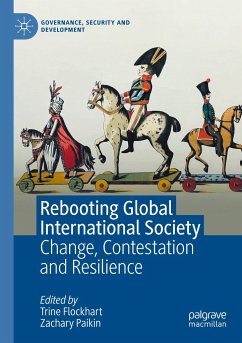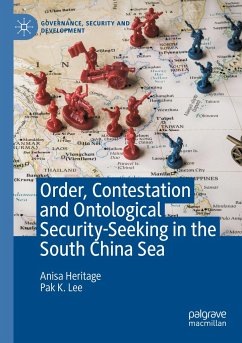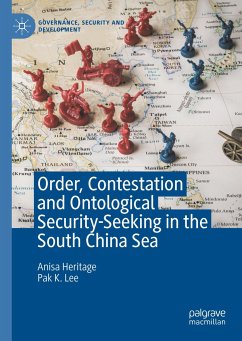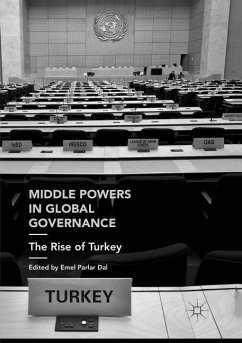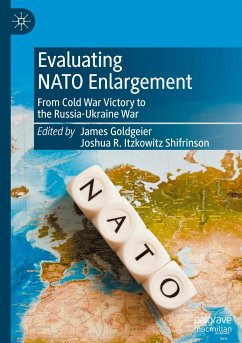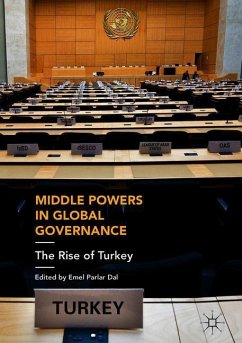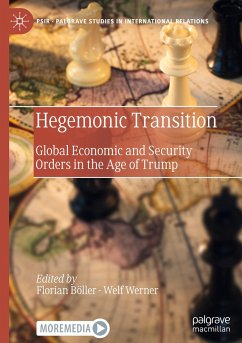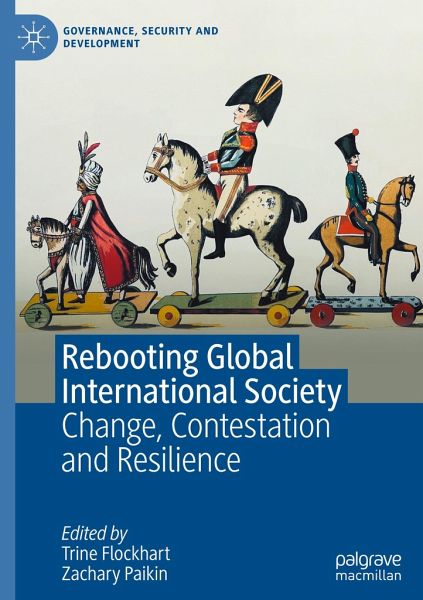
Rebooting Global International Society
Change, Contestation and Resilience
Herausgegeben: Flockhart, Trine; Paikin, Zachary

PAYBACK Punkte
46 °P sammeln!
This book asks if it is time to "reboot" the fundamental institutions of global international society. The volume revisits Hedley Bull's seminal contribution The Anarchical Society by exploring the interconnected nature of change, contestation and resilience for maintaining order in today's uncertain and complex environment. The volume adds to Bull's theorizing by recognizing that order demands change, that contestation should be welcomed, and that resilience is anchored in local and agent-led forms of ordering. The contributors to Part One of the book focus on theoretical and conceptual issue...
This book asks if it is time to "reboot" the fundamental institutions of global international society. The volume revisits Hedley Bull's seminal contribution The Anarchical Society by exploring the interconnected nature of change, contestation and resilience for maintaining order in today's uncertain and complex environment. The volume adds to Bull's theorizing by recognizing that order demands change, that contestation should be welcomed, and that resilience is anchored in local and agent-led forms of ordering. The contributors to Part One of the book focus on theoretical and conceptual issues related to order in the global international society, whilst the contributors to Part Two of the book focus on the primary institutions as listed by Hedley Bull with the addition of a chapter on the market adding a distinctive commentary on new and important dynamics of change, contestation and resilience of the existing institutions.





